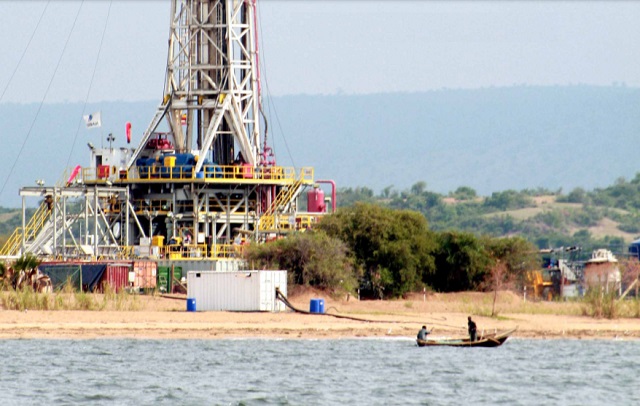
Kampala, Uganda | THE INDEPENDENT | Uganda has extended the deadline for submitting competitive bids for the second licensing round for oil exploration after the coronavirus disrupted the oil industry and therefore submissions.
In a notice sent out today, the Ministry of Energy and Mineral development said companies intending to apply for the licenses now have a six months window up to September 30, 2020 to prepare and submit their bids. The earlier deadline was March 31, 2020.
“The extension is as a result of the COVID-19 pandemic that has greatly impacted the oil and gas industry in virtually all its aspects,” the ministry wrote.
Uganda announced the second round of licensing in May last year. The country put six blocks to be competed for: Avivi, Omuka, Kasuruban, Turaco, and Ngaji all found in the Albertine graben.
In an explanation on the ministry website, Frank Mugisha, Manager Second Licensing Round, said Uganda called for second licensing because “the increase in the current resource base will ensure that the expensive infrastructure such as our refinery and crude export pipeline are economically sustained for a reasonably very long time.”
He added that “The licensing of acreages during the uptick in crude oil prices period is aimed at attracting a large spectrum of oil companies including moderate to big ones which in turn enable government to achieve competitive commercial terms.”
However, the crash in the global oil prices due to COVID-19 means big oil companies will be looking over their shoulders keenly scrutinizing destinations like Uganda before they put in their bids. This means Uganda has to improve its marketing for the blocks.
The applicants will pay USD 20,000 (Uganda shillings 75m) non-refundable fee. Uganda has so far discovered 6.5bn barrels of oil. Between 1.4bn and 1.7bn barrels are commercially viable.
The country’s production has suffered delays as government put up regulations and struggled to harmonize with oil companies on key issues like taxation as some sold their interests.
******
URN
 The Independent Uganda: You get the Truth we Pay the Price
The Independent Uganda: You get the Truth we Pay the Price


